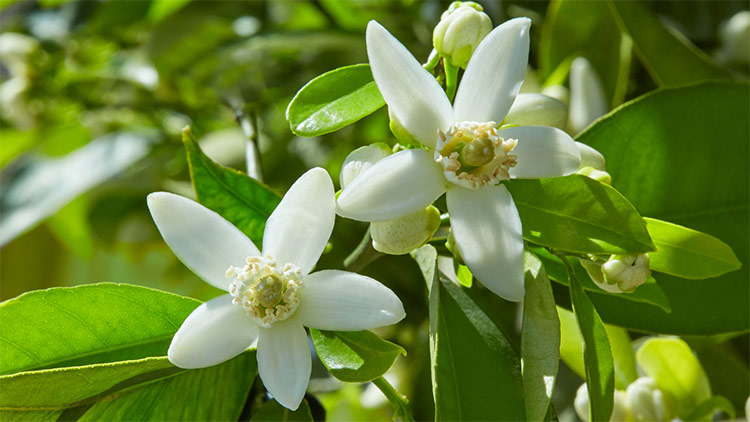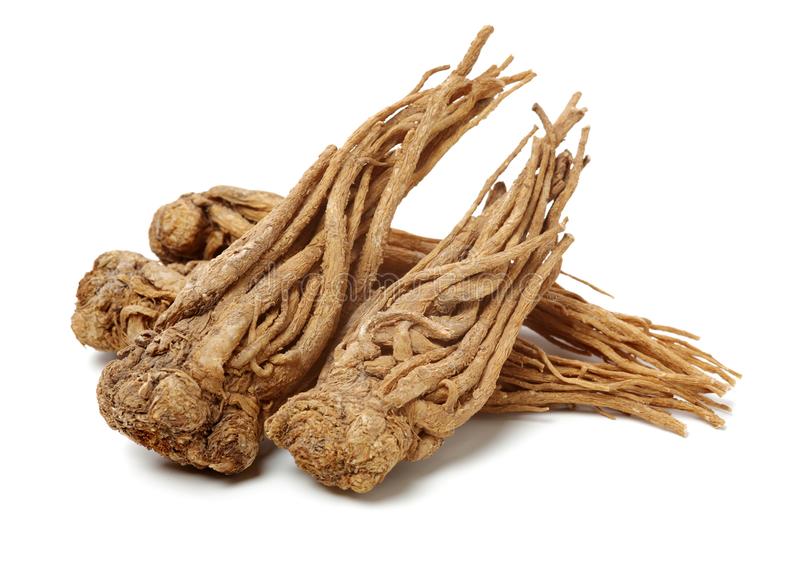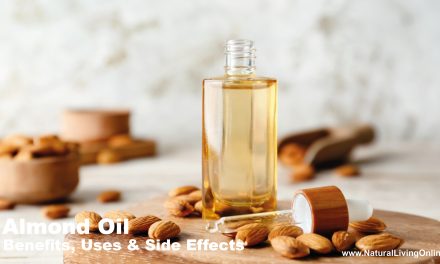If you’re looking for a natural way to improve your mood, boost your energy levels and reduce stress, neroli essential oil may be the answer. This fragrant oil has a host of benefits that can help improve your overall health and well-being. In this article, we’ll take a closer look at what neroli oil is, what it can do for you and how to use it safely.
What is Neroli?
Neroli is a fragrant oil that is extracted from the flowers of the bitter orange tree. It has a sweet, floral aroma and is often used to scent perfumes and cosmetics.
How many different types of Neroli essential oils are there?
There are three main types of neroli essential oil: French, Italian and Moroccan. Each type has its own unique properties and benefits.
How Neroli essential oil is made?
Neroli essential oil is extracted from the flowers of the bitter orange tree by steam distillation. The flowers are placed in a still and hot water is added. The steam carries the essential oils from the flowers into a condenser, where they are cooled and collected.
What is the chemical composition of Neroli essential oil?
The chemical composition of neroli essential oil varies depending on the type of Neroli oil. However, most Neroli oils contain a high percentage of linalool and linalyl acetate. These two compounds are responsible for the oil’s sweet floral aroma and therapeutic properties.
What are the benefits of using Neroli essential oil?
Neroli essential oil has a host of beneficial properties that can improve your health and well-being. Some of its key benefits include:
• Boosting energy levels
• Improving mood
• Helping to treat insomnia
• Calming the nervous system
• Regulating blood pressure
• Promoting skin healing
What are ways to use Neroli essential oil?
There are many different ways to use neroli essential oil. Here are some of the most popular methods:
• In a diffuser – adding a few drops of neroli oil to a diffuser can help promote relaxation and calmness.
• As a room spray – adding neroli oil to water in a spray bottle makes a refreshing room spray that can help reduce stress and anxiety.
• In massage therapy – Neroli oil is often used in aromatherapy massages to relieve tension and stress.
• As an ingredient in cosmetics – Neroli oil is commonly used as an ingredient in skin care products, because of its ability to improve skin health.
How Neroli essential oil has been used historically?
Neroli essential oil has been used for centuries to promote healing and well-being. It was first introduced to Europe in the 17th century by the Italian perfumer, Zalfari. Since then, it has been used in a variety of ways, including:
• In aromatherapy – Neroli oil is often used in aromatherapy to treat stress and anxiety.
• As an ingredient in cosmetics – Neroli oil is commonly used as an ingredient in skin care products, because of its ability to improve skin health.
• In massage therapy – Neroli oil is often used in aromatherapy massages to relieve tension and stress.
What does blend well with Neroli essential oil?
Neroli essential oil blends well with a variety of other essential oils. Some of the most common are:
• Bergamot – This citrusy-scented oil is known for its ability to treat stress and anxiety.
• Lavender – A popular choice for those looking to relieve tension and promote relaxation, lavender has a wide range of therapeutic properties.
• Orange – The sweet aroma of orange essential oil can help lift your mood, while also helping you feel energized and refreshed.
• Lemon – With its fresh, uplifting scent, lemon essential oil can help reduce feelings of stress and anxiety.
What are some Neroli essential oil recipes?
You can use neroli oil in a variety of ways, such as:
• In diffusers – Add a few drops of neroli essential oil to your diffuser for an uplifting aroma that promotes relaxation.
• As room spray – Mix neroli essential oil with water in a spray bottle and mist it around your home for an instant pick-me-up.
• In massage therapy – Blend neroli essential oil into your favorite lotion or massage cream to create a soothing blend that relieves tension and stress. What are the side effects of Neroli essential oil?
Neroli essential oil is generally safe to use, with few reported side effects. However, there are a few things you should keep in mind:
• Allergies – If you have sensitive skin or allergies, it’s best to avoid this oil. • Pregnancy and breastfeeding – While the safety of neroli essential oil during pregnancy and breastfeeding hasn’t been proven by scientific research, it’s always better to err on the side of caution when using any new product while pregnant or nursing.
• Drug interactions – This type of neroli oil can interact with certain medications such as blood thinners, antidepressants and anticoagulants. Consult your doctor if you’re taking medication and are considering using neroli essential oil.
What does Neroli essential oil smell like?
Neroli essential oil has a sweet, floral aroma that is said to be uplifting and relaxing. It’s often used in aromatherapy to treat stress and anxiety. Neroli oil blends well with a variety of other essential oils, including lavender, bergamot and orange. This type of neroli oil can interact with certain medications such as blood thinners, antidepressants and anticoagulants. Consult your doctor if you’re taking medication and are considering using neroli essential oil.
Can I make Neroli Essential Oil at home?
Neroli essential oil can be made at home using the flowers of the bitter orange tree. However, it’s important to note that not all neroli oils are created equal. Some may not have the same therapeutic properties as pure neroli oil. When making your own neroli oil, it’s best to use a quality essential oil guide to ensure you’re creating a product that is safe and effective.
What is the shelf life of Neroli essential oil?
The shelf life of neroli essential oil is generally about two years, but it can vary depending on the quality of the product. To ensure your neroli oil remains fresh and effective, store it in a cool, dark place away from direct sunlight.
Is Neroli Essential Oil safe for children?
Neroli essential oil is generally safe to use with children, but always check the label for age restrictions. It’s best to avoid using it on infants and young children as their bodies are still developing and may be more sensitive than adults. How do I choose a Neroli Essential Oil? The most important thing when choosing neroli essential oil is quality. Make sure you’re purchasing from a reputable brand that uses therapeutic-grade neroli flowers in its products. You can also look for organic certification, which means the product was made without pesticides or other chemicals that could cause irritation or allergic reactions in some people.
Can Neroli Essential Oil be used on pets and animals?
There is no evidence to suggest that Neroli essential oil is harmful to pets or animals. However, it’s always best to consult with a veterinarian before using any type of essential oil on an animal. Some oils may be too strong for their delicate skin and could cause irritation.
Neroli essential oil is an aromatherapeutic oil that has a wide range of benefits for the mind, body and spirit. It’s been used for centuries to promote healing and well-being, and blends well with a variety of other essential oils. With its fresh, uplifting scent, lemon essential oil can help reduce feelings of stress and anxiety. Neroli oil is generally safe to use, but it’s always best to consult your doctor if you’re taking medication and are considering using this type of neroli oil.
This website does not provide medical advice.
All information provided on this website, and on associated social media networks, including but not limited to texts, images, and numbers are for general information purpose only. It is not intended as medical advice and it does not include all possible precautions, side effects, or interactions that may occur. Neither NaturalLivingOnline.com nor its author/founder take responsibility for how you use this information. Statements contained on NaturalLivingOnline.com have not been evaluated by the FDA. You should conduct thorough research via multiple sources and consult your physician or qualified doctor before using any essential oil or herbal remedy. Information on NaturalLivingOnline.com must not be relied upon for medical, legal, financial or other decisions.













